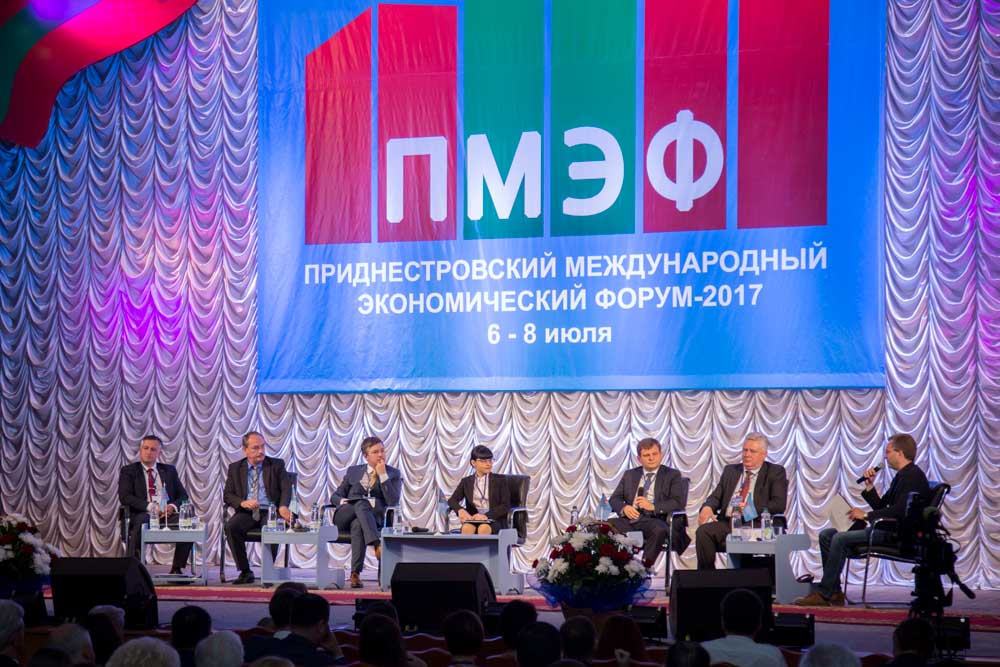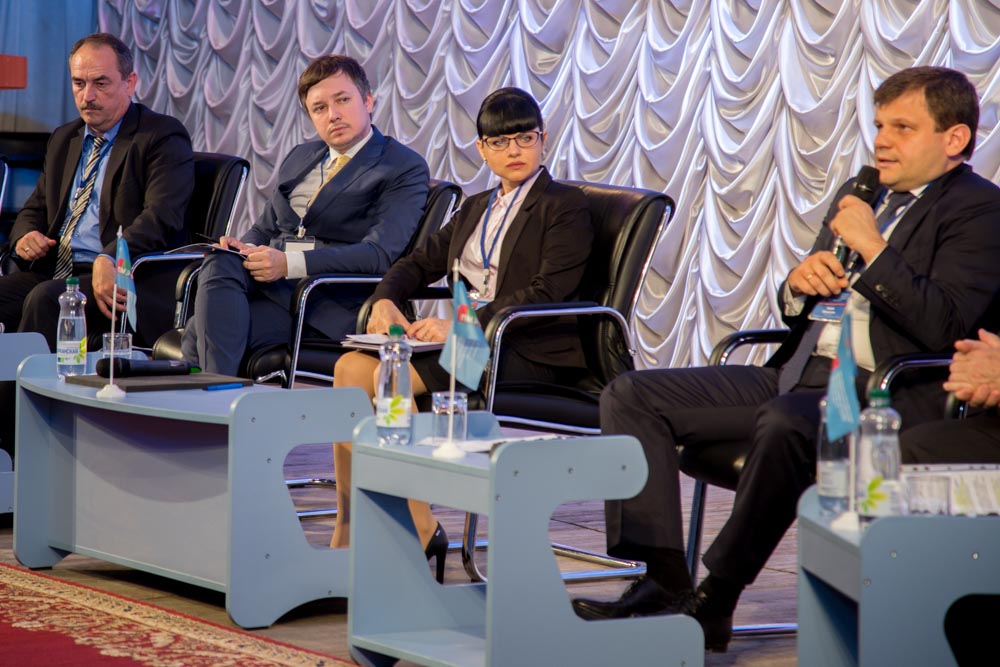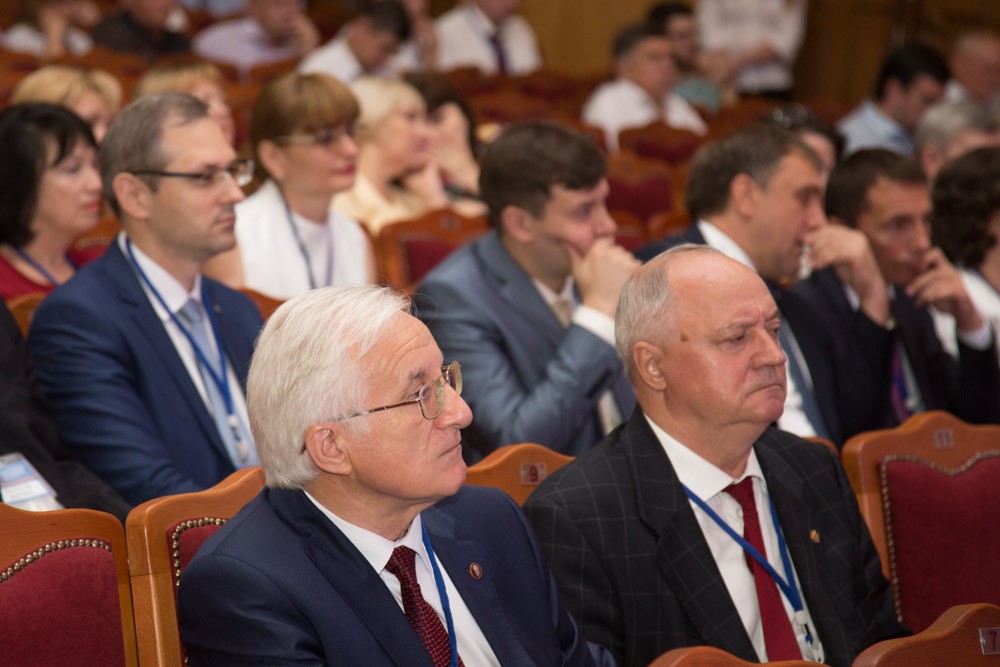Tiraspol, 6 July. /Novosti Pridnestrovya/. The Pridnestrovian business awaits a serious reduction in the tax burden. As the minister of economic development, Sergey Obolonik, said today, such measure is provided for in a budget and fiscal policy concept, which has been under active development in the past several months. He noted that that document would be substantially different from its predecessors, as it «focusses more on productive forces rather than on a fiscal component…»
«An industrial approach has been formed; acceptable tax rates corresponding to the current state of affairs in the economy have been defined. And these industry rates have been gradually decreasing from 30% to 50%. This element, which will help our businessmen take more easily the administration of the fiscal load," said Obolonik.
The vice president of the Union of Industrialists, Agrarians and Entrepreneurs, Yury Cheban, added that the Concept of Budgetary and Fiscal Policy should be linked to monetary policy and that taxes should be fairly redistributed across sectors of the economy.
«One of the main impulses to the development of the economy is the optimisation of the tax burden and its redistribution. It is now overstated in the real sector of the economy, so it can be slightly adjusted in other sectors," he noted.
Under the current circumstances, it is no longer possible to redistribute taxes, which should be generally reduced, the minister argued. He underscored that the Concept for Budgetary and Fiscal Policy, besides the general guidelines of the economy, had very specific objectives, as, for example, reducing by nearly 10 percentage points the overall level of the tax burden.
«There is a task before us to reach 26%. It's a very sound indicator. It is certainly possible to do so not only through the lowering of tax rates but also through the growth of GDP. This is a simultaneous process of economic development and the reduction of the tax burden, which as a multiplier stimulates economic development," said the minister.
According to him, such an approach had already proved its efficiency — hypothetical financial losses from cancelling and reducing a number of customs duties had already been offset by an increase in turnover and, consequently, by taxes.
«The figures you have indicated are the transition from a total load of 35% to 26%, which is unprecedented, for example, for Russia. Development is possible only if entrepreneurs trust what the government is doing, if they believe it is necessary to leave the 'grey sector'. We, in Russia, saw it at the turn of the 1990s and 2000s when over 70% accounted for the grey sector. Now this situation has changed thanks to the tax innovations," said the head of the international office of the Agency for Strategic Initiatives, underscoring that increased economic transparency also makes it possible to make serious long-term forecasts of its development.













